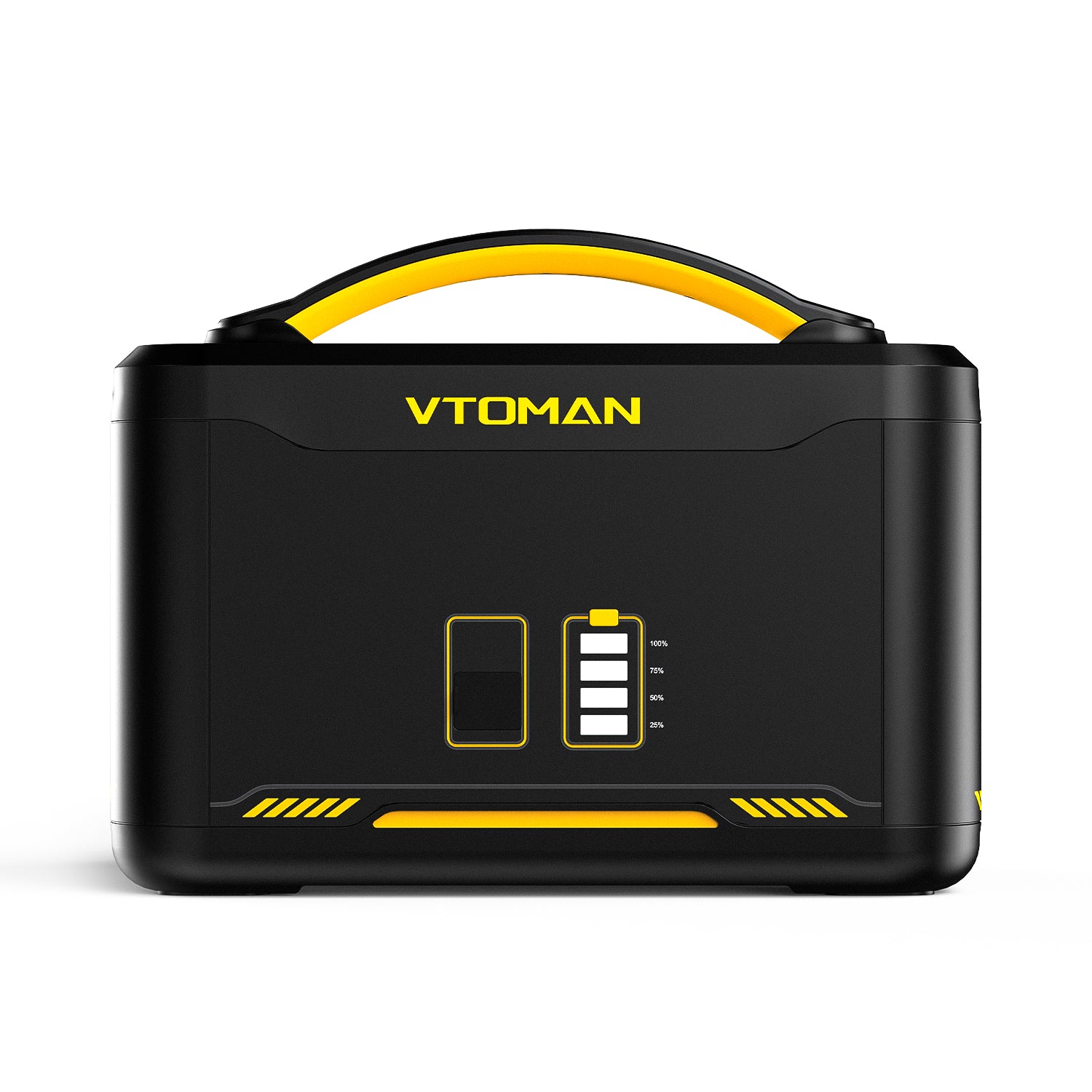-
JJames polley 1 year ago
As the world continues to grapple with the challenges of climate change and the need for sustainable energy solutions, the role of battery storage has become increasingly crucial. Battery storage technology offers a promising solution to the intermittent nature of renewable energy sources, such as solar and wind power. In this article, we will explore why battery storage is the key to a sustainable future and how it can revolutionize the way we generate and consume energy.
The Challenge of Renewable Energy
Renewable energy sources, such as solar and wind power, have gained significant traction in recent years due to their environmental benefits. However, one of the major challenges with these sources is their intermittent nature. The sun doesn't always shine, and the wind doesn't always blow. This variability makes it difficult to rely solely on renewable energy for our power needs.
Here is where battery storage comes into play. By storing excess energy generated during peak production periods, batteries can provide a consistent and reliable power supply even when the sun isn't shining or the wind isn't blowing. This ability to store and release energy as needed makes battery storage a game-changer in the transition to a sustainable future.
Unlocking the Potential of Renewable Energy
Battery storage not only addresses the intermittency issue but also unlocks the full potential of renewable energy sources. With the ability to store excess energy, we can capture and utilize more of the energy generated by solar panels and wind turbines. This means less energy goes to waste, maximizing the efficiency of renewable energy systems.
Moreover, battery storage allows for energy independence. Homes and businesses can become self-sufficient by generating their own electricity through renewable sources and storing it for later use. This reduces reliance on traditional power grids and fossil fuels, leading to a more sustainable and resilient energy infrastructure.
Enabling a Smarter Grid
Battery storage also plays a crucial role in enabling a smarter and more efficient electrical grid. By strategically deploying batteries at various points in the grid, we can balance supply and demand, stabilize voltage fluctuations, and mitigate the impact of power outages. This flexibility and resilience are essential for integrating a higher share of renewable energy into the grid.
Furthermore, battery storage can facilitate the integration of electric vehicles (EVs) into the grid. As the adoption of EVs continues to rise, battery-powered vehicles can serve as mobile energy storage units. During periods of high demand, EVs can feed stored energy back into the grid, reducing strain on the system and supporting a more sustainable transportation sector.
Conclusion
Battery storage is undoubtedly the key to a sustainable future. It addresses the intermittency challenge of renewable energy, unlocks its full potential, enables energy independence, and facilitates the development of a smarter grid. As we strive to reduce greenhouse gas emissions and transition to a cleaner and more sustainable energy system, battery storage will play a pivotal role in achieving these goals.
References
References:
